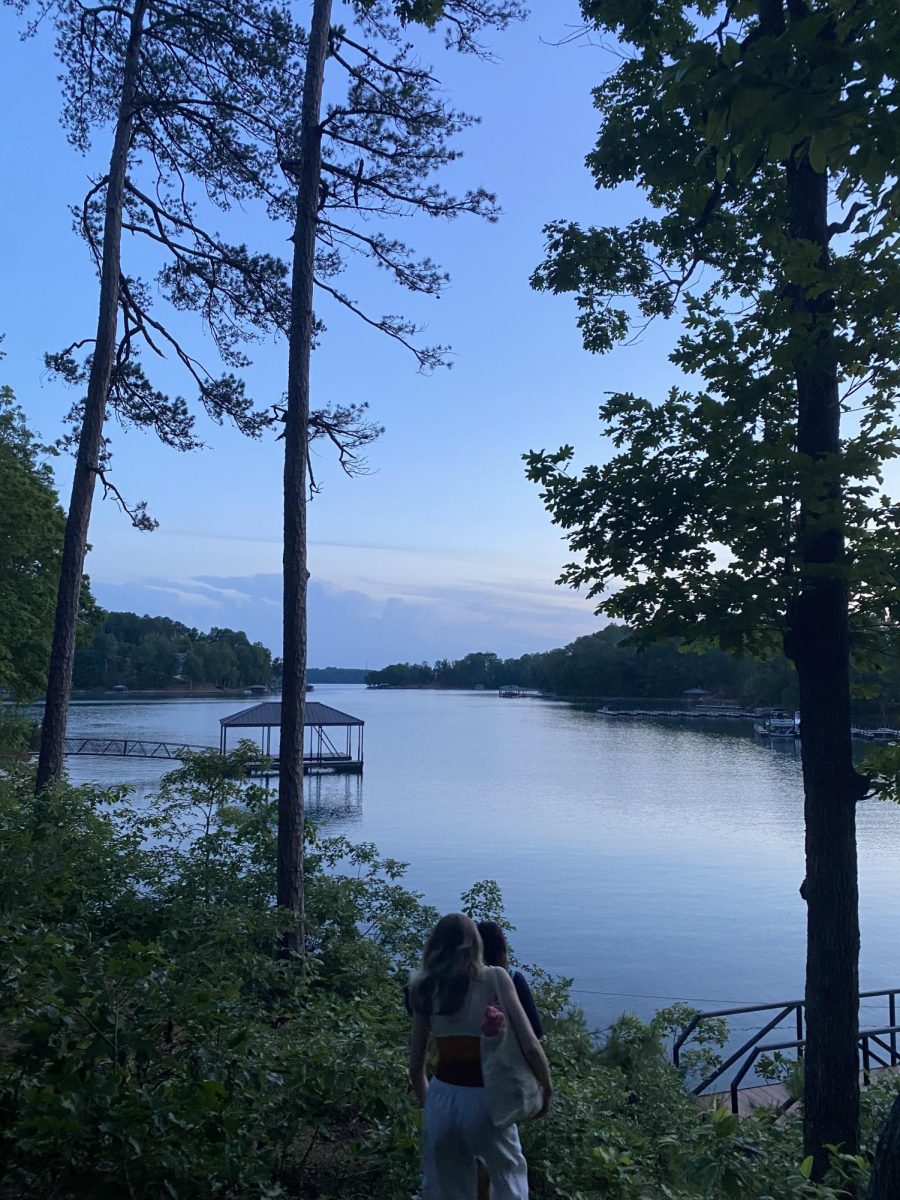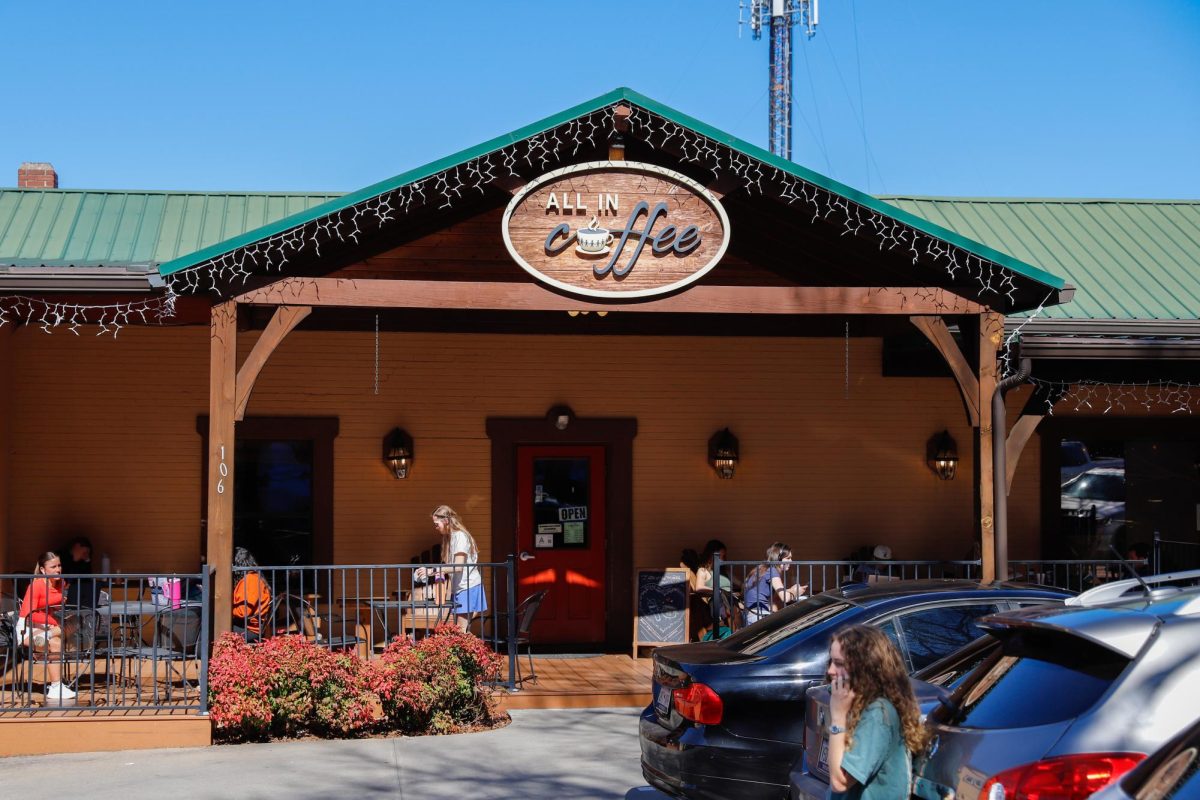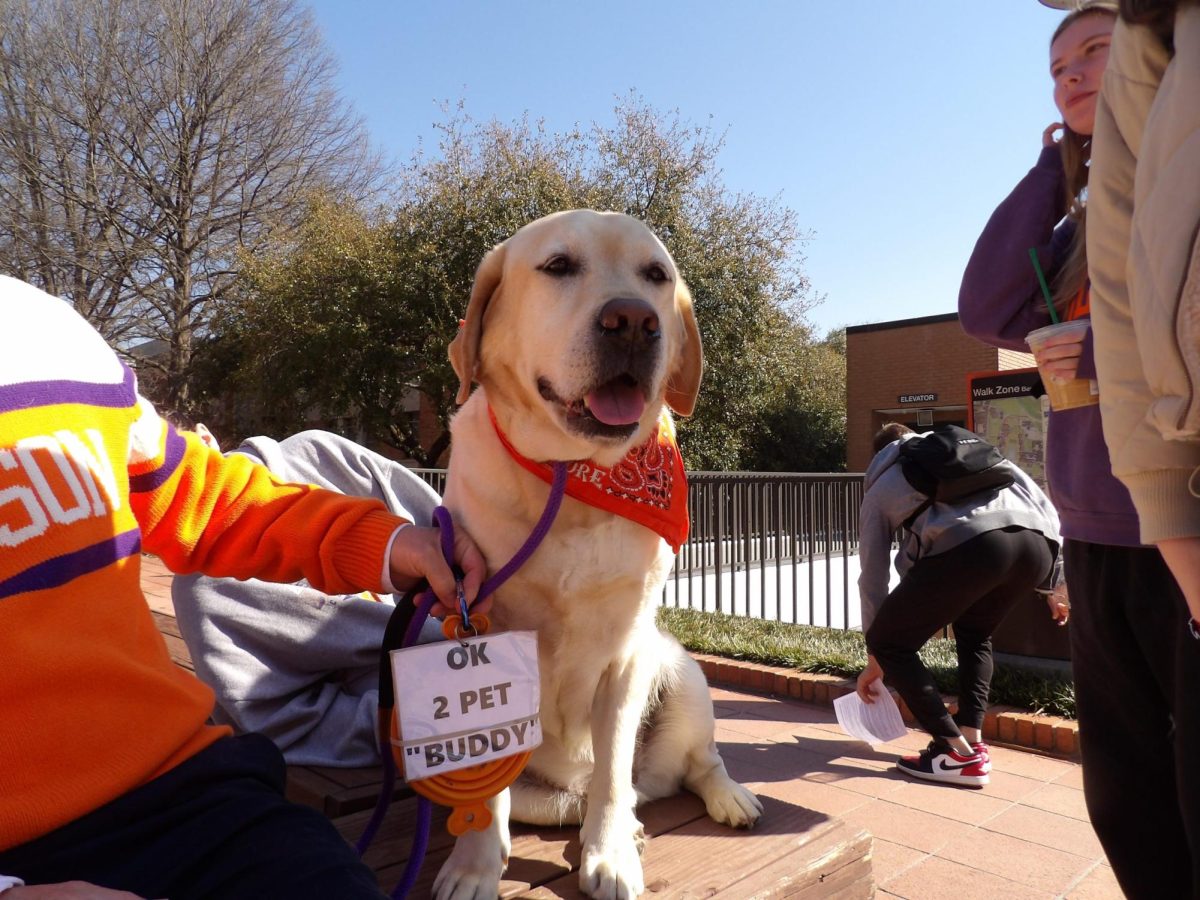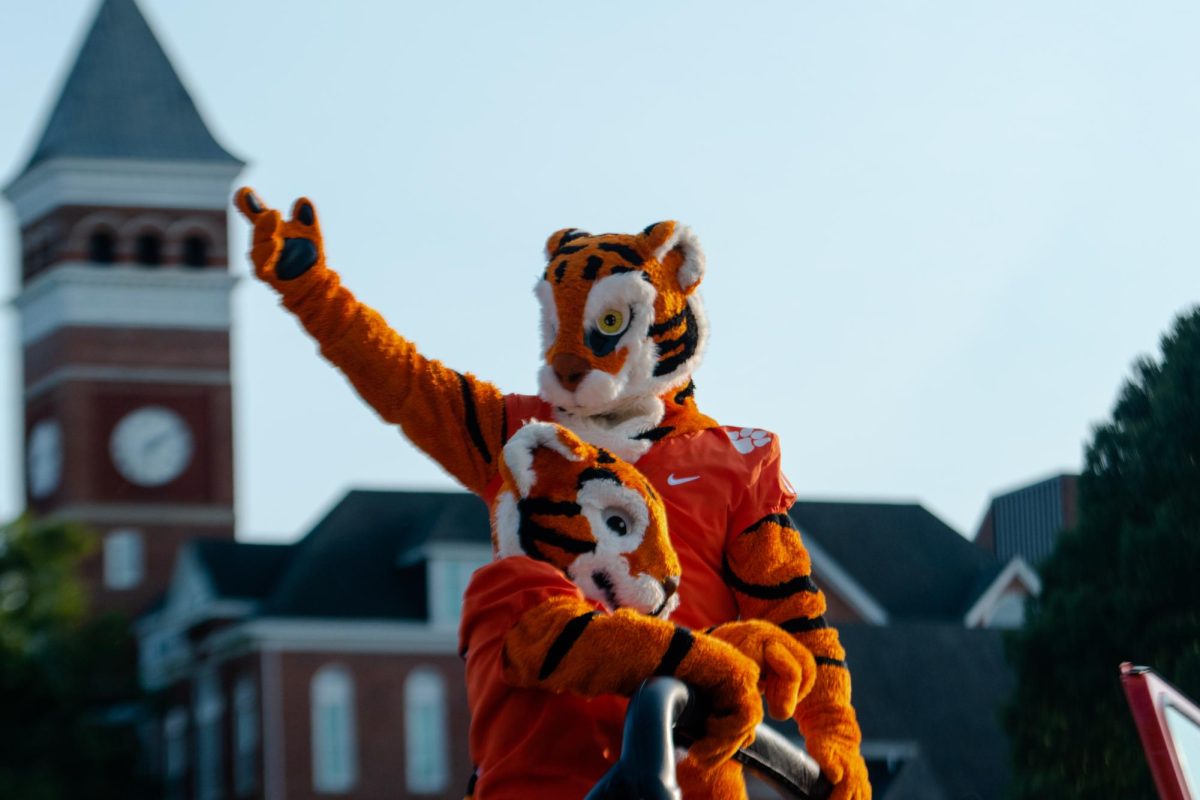The blue, white and pink flags displayed in the Carillon Gardens throughout last week stood not only as a sign of remembrance, but also as a symbol of support for the transgender community as Clemson celebrated Trans* Week of Awareness.
Transgender Awareness Week is a national, week long celebration that helps raise the visibility of transgender and gender nonconforming people as well as address the issues the community faces. The final day of Transgender Awareness Week is Transgender Day of Remembrance (TDOR), an annual observance on November 20 that honors the memory of those who lost their lives to acts of anti-transgender violence.
Leading up to the day of remembrance, transgender students, as well as their LGBT and non-LGBT peers and friends, brought attention to and celebrated transgender lives at Clemson.
“It’s a little cheesy to say, but I think education is one of the most powerful tools out there. A lot of times, when I meet someone for the first time and I come out as trans, they tell me I’m the first trans person they’ve ever met. I always respond with, ‘Well, how do you know?’ Trans people are everywhere, including at Clemson. We could be living on your hall, sitting next to you in class, standing behind you in line…We’re very much a part of the Clemson community and beyond. But the lack of information, or the incredible amount of misinformation, is hurtful to everyone. Weeks like this one can help bring importance to these issues,” said Gale Israel, a computer science major who recently transferred to Clemson.
The events, which included a seminar, tabling, vigil and ally training, were sponsored by the Gantt Multicultural Center, CUSG and the Sexuality and Gender Alliance (SAGA).
“The vigil hit pretty close to home for me—it felt like I was grieving my own family. Along with those lost to hate crimes and assault, I was also thinking a lot about the trans people lost to suicide. 40% of trans folks attempt suicide at some point in their life—one of the highest suicide rates in the nation. It’s scary. Our average life expectancy is only 30-32 years old. How many older trans folks do you see in the media? Very few. Mortality is a very real concern that comes with being trans. It’s something I always think about, so I try to live as fully and as authentically as I can,” Israel said.
According to a report from the National LGBTQ Task Force and the National Center for Transgender Equality titled “Injustice at Every Turn: A Report of the National Transgender Discrimination Survey,” transgender and gender nonconforming people are more likely to live in poverty and face discrimination and harassment. Additionally, transgender women of color are more likely to be a victim of a violent crime.
“I don’t think people realize just how many of us there are in the world. To my knowledge, there are at least 700,000 transgender people living in the United States, and that’s a pretty big underestimate given the lack of sufficient or accurate survey reportage. There are probably hundreds of thousands more in the closet. Think about how many people we could empower by bringing equality, safety, and protection to the trans population! Diversity is never a bad thing. We have so much to learn and gain from each other. Equality is always something to strive for.”
The Human Rights Campaign’s Municipal Equality Index (MEI) “examines how inclusive municipal laws, policies and services are of the LGBTQ people who live and work there. Cities are rated based on non-discrimination laws, the municipality as an employer, municipal services, law enforcement and the city leadership’s public position on equality.” The city of Clemson’s score is a 0, compared to 22 for Greenville and 75 for Columbia.
“I only just transferred here, so it’s hard for me to say what issues affect Clemson specifically. It’s also hard for me to gauge that because I’ve always lived in the Upstate. Like, I get stared at all the time when I walk around campus, and sometimes people squint their eyes in an obvious way because they can’t tell what gender I am. I’m still afraid to use any public restroom that isn’t gender-neutral because I’m never sure if I pass as male or not–and even if I did, I wouldn’t be able to use the urinals, which makes things awkward if it’s a tiny bathroom with only one stall,” said Israel. “I definitely think one thing that needs to change at Clemson is the ID name change policy. It’s incredibly embarrassing to have to use my student ID when it still has my dead name on it. Like, I love Einstein’s, but it sucks that they see my name on my ID when I pay and assume that that’s my actual name. I would love to see the policy around that change, and soon.”
Brooke Elliott, a trans woman, is a junior mechanical engineering major. “I came to Clemson two years ago. I’m a junior now, … and I didn’t come to Clemson as Brooke. I actually came as my old self and I was going to transition here at Clemson. I started the hormone process about a semester in and it’s been going on for nearly two years now. I wasn’t out to anybody at the time; I had to come out to all of my friends. I wasn’t out to anybody in my classes. I had to keep all of that hidden inside me; I had to keep this whole side of my life hidden from everybody at Clemson for the longest time because I just didn’t feel like I’d be accepted if people really knew. Well, I mean, yeah it’s kind of a heavy thing but it’s the reality. I would make friends when I got here as a freshman and I’d think ‘what would they think of me if they actually knew the real person I am?’ And that’s how I’d have to judge my friends.”
“I remember seeing all of the signs and posters around campus and all the stuff on social media two years ago, and I hadn’t even started transitioning yet,” said Elliott. “And I remember seeing that and it just made me feel more at peace because I saw that they’re trying; it’ll get there.”
In addition to hosting Trans* Week of Awareness in the fall, SAGA and the Gantt Multicultural Center sponsor events such as #PrideWeek in the spring and ally trainings, socials and craft nights throughout the year which promote awareness of and offer support for the LGBTQ+ community.
“I think it [transgender equality] is so important because, you know, we’re no different than anybody else; there’s no reason for us not to be equal. Whether you’re a man or a woman, gay, straight, trans*, whatever – you should have the same rights and everyone should be equal.” says Elliott.
Israel offers advice to anyone who is struggling with their sexuality and/or gender identity. “Find something that drives you while you figure stuff out–whether it’s a friend, a creative pursuit, a sport–anything that inspires you to do your best. Be patient with yourself and accept that this is gonna be a long and confusing road. If you’re lacking familial or friendly support, go online and find someone you can talk to. Be your own best friend and love yourself fearlessly and wholeheartedly.”







